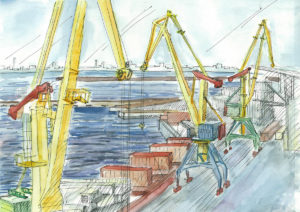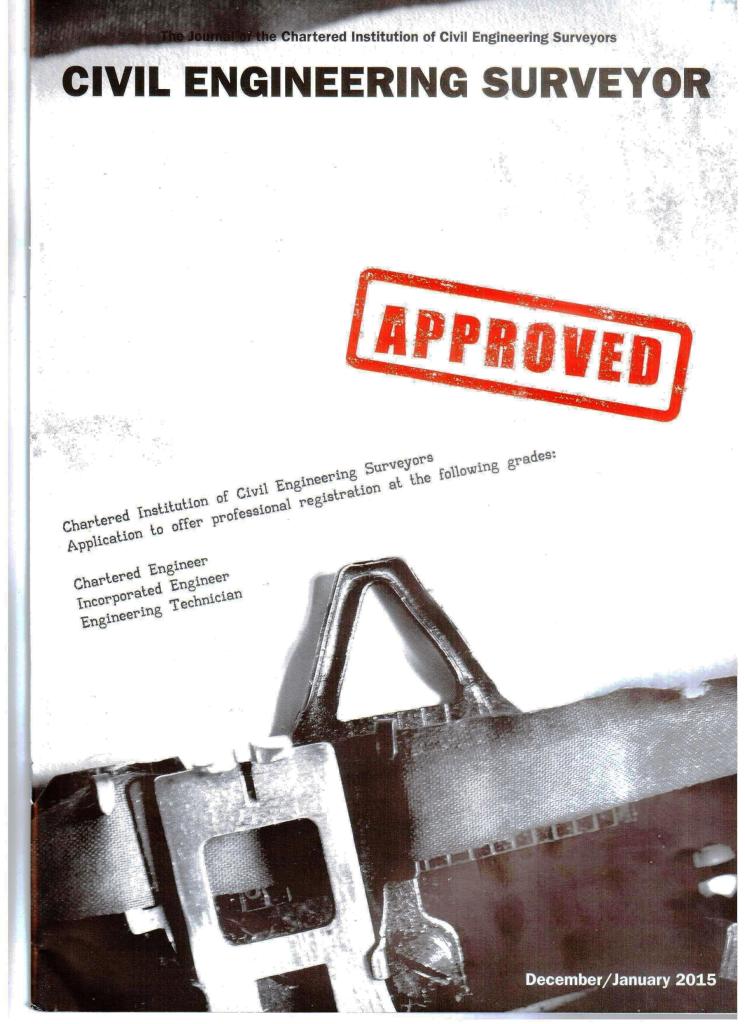FIDIC contracts in Kazakhstan are more often used in the construction of facilities on a "turnkey" basis, when it is important for the client to achieve a certain result, control financial issues and ensure the subsequent effective operation of the constructed facility for years. The government, when acting as client, often faces the situation when a facility constructed by a local contractor loses its quality in operation after a short period of time. It is almost impossible to make the contractor fix failures, because they are often fly-by-night companies, or they simply do not have enough skills to do this work.
To address these issues, in particular, the Kazakhstan’s Ministry of Transport and Communications has repeatedly recommended hiring contractors and engineers under the FIDIC proforma when tendering for road construction. This has resulted in large international construction firms with adequate qualification and experience taking part in the bids. One important point for them to note is that construction contracts procured under FIDIC could be governed by the laws of the Republic of Kazakhstan if the parties wish so. The lawyer practicing English law should pay special attention.
Turnkey The term “construction on a turnkey basis” is in the Civil Code of the Republic of Kazakhstan. In turnkey construction contracts the contractor takes all obligations of the construction and maintenance of a facility and delivers it to the client in a condition ready for operation, according to the contractual terms and provisions.
This means that the contractor undertakes within the term set to build, by order of the client, a certain facility or perform other construction operations. The client undertakes to create the necessary conditions for the contractor to do the work, deliver its result and pay the fixed price for it.
Risk The contractor bears the risk of any possible increase in the value of works. The contractor is entitled to demand a revision of the estimates if, due to circumstances beyond its control, the cost of works exceeds the estimate by at least 10%. In other words, if such excess is say 3% or 9%, and the need to increase the cost of works was caused by business risks of the contractor, then the contractor is not entitled to demand any revision of the cost of works under the contract.
The contract may provide for a clause allocation all possible construction risks to the expense of the contractor. These construction risks include, for example, the cost of restoration work caused by force majeure. For this clause to have effect under Kazakhstan law, it is necessary to include it in the text of the contract.
Once the client accepts the interim stages of work, it shall bear the risk of any loss or damage caused not through the fault of the contractor. This includes cases where the contract places the risk of performance of the works on the contractor.
Additional work If, during the course of construction, the contractor finds out there is a need for additional work not covered by the design and estimate documentation, and that this would increase the estimated cost, then it has to inform the client.
If the contractor fails to get a response to its request from the client within 10 days (another term can be provided by the contract), it may suspend the relevant work, with the allocation of losses caused by downtime at the expense of the client.
If the contractor fails to perform its obligation to inform the client of the need for additional work and resultant increase in estimated cost, it shall not be entitled to demand that the client pay for additional work and compensation. However, the stipulation does not apply if the contractor has proved the need for immediate action done in the client’s interest where suspension of work could lead to the destruction or damage of the facility under construction.
If the client agrees to the additional work and to pay for it, the contractor is entitled to refuse to perform these works, but only in cases when the work is beyond the scope of its professional activities or cannot be performed due to reasons beyond its control.
Control and oversight
The client is entitled under the contract to exercise control and oversight of the progress and quality of work performed; the meeting of the deadlines and schedules; the quality of materials provided by the contractor, as well as the correct use by the contractor of the client’s materials; whilst not interfering with the contractor’s activities. I would recommend specifying such control in detail in the contract. It is important that the control exercised by the client does not hinder the work of the contractor.
If, whilst exercising its right to control and oversight of the works, the client reveals any deviations from the terms and conditions of the contract which may impair the quality of works, or other shortcomings, it shall immediately inform the contractor. If client fails to inform the contractor, it will lose its right in the future to refer to the shortcomings. Such limitations contradict some fundamental points when using, for example, the FIDIC Red or Silver books.
Acceptance In cases provided for by legislative acts, the constructed facilities have to pass through acceptance by the state commission. The Kazakhstan government established the procedure for state acceptance of constructed facilities and also determined that state bodies could accept work at intermediate stages.
Almost all of the built facilities in Kazakhstan are subject to acceptance of operation. Without this procedure, the facility cannot be registered as complete, and cannot be included in relevant state databases as ‘immovable property’. Before such registration, the facility is considered to be a set of building materials.
Acceptance of a facility involves its inspection, which determines the suitability of the facility for operation and identifies and record any faults. Acceptance of the facility is accomplished when the acceptance certificate is issued and signed. The certificate is the ground for registration of the immovable property with the authorized state bodies.
Acceptance of the facility is performed by an acceptance committee, the state acceptance commission, or by the client. Appointment of an acceptance committee is only necessary if the acceptance of the facility is carried out by the state acceptance commission. Acceptance by state bodies is going to change in the near future in Kazakhstan. The reform suggests personal responsibility of the contractor, with engineering supervision and field supervision bodies that will produce quality compliance and other reports confirming that a building was meets planning documentation. The process of getting a state approval to start construction should be simplified as well. A revised draft of the new law is now passing through the parliament, but it is difficult to say when it will be adopted.
Building regs The contractor is liable for deviations from requirements stipulated in the contract and the building codes and regulations in effect in Kazakhstan. The contractor is also liable for any failure to reach performance indicators specified in the design and estimate documentation, including indicators such as production capacity.
It is very important that international contractors know how to comply with the building codes and regulations in Kazakhstan. These codes and regulations govern both common approaches to construction and individual aspects, depending on the particular type and place of work.
Artyushenko Andrey, Managing partner, Artyushenko & Partners Law firm, For Civil Engineering Surveyor, the journal of the ICES, December/January, 2015
In Artyushenko & Partners online Store you can buy our fixed fee legal services:








